From Bamboo to Silk: The Emotional Language of Yarn Explained
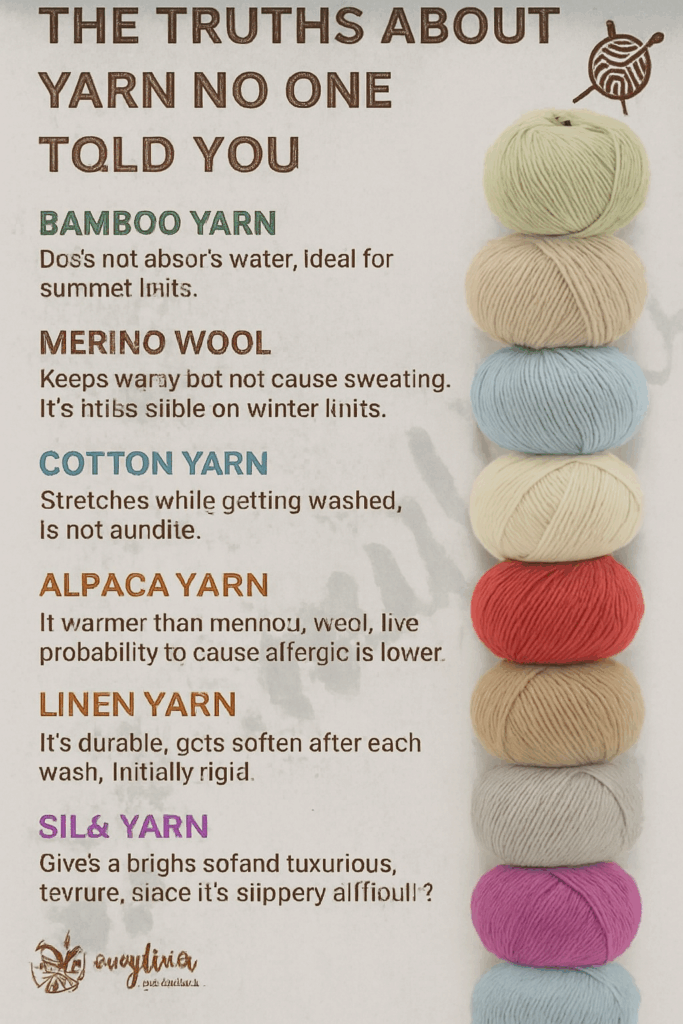
Welcome to AmyLiva Handmade, where every stitch is a whisper, every yarn a story. In this guide, we’ll explore the emotional and technical nuances of different yarn types—so you can choose fibers that not only serve your craft, but honor your intention.
🌸 Why Yarn Choice Matters in Handmade Art
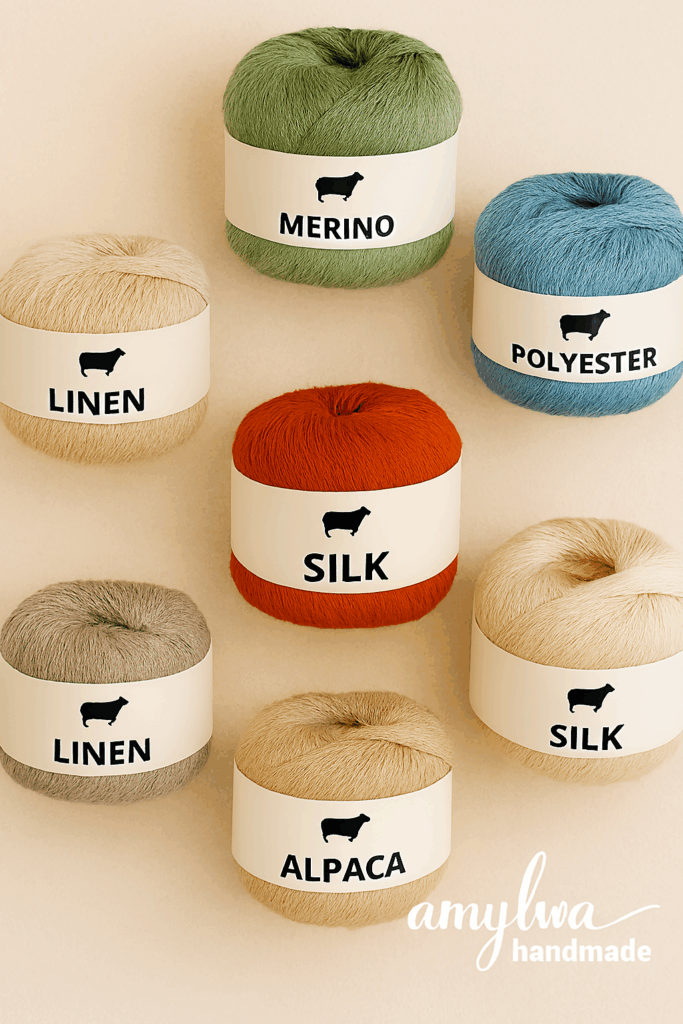
Yarn is more than material—it’s memory, texture, and temperature. Whether you’re crocheting a baby’s first toy or weaving a ritual-inspired wall hanging, the fiber you choose shapes the emotional tone of your piece. At AmyLiva Handmade, we believe that every creation begins with a question: What do I want this to feel like?
🧵 Yarn Types & Their Emotional Textures
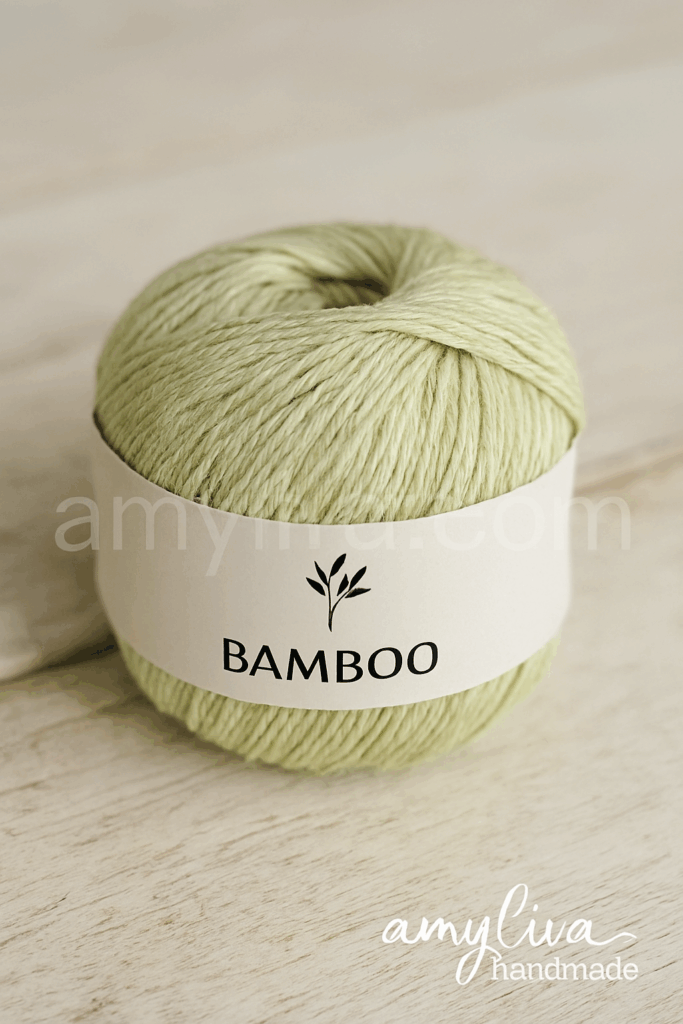
- Bamboo Yarn
- Properties: Lightweight, breathable, water-resistant
- Ideal for: Summer garments, airy shawls, minimalist decor
- Emotional tone: Freshness, clarity, simplicity
- Tip: Bamboo yarn is perfect for pieces that evoke lightness and movement.
- Merino Wool
- Properties: Soft, insulating, moisture-wicking
- Ideal for: Baby items, winter accessories, cozy rituals
- Emotional tone: Warmth, protection, tenderness
- Tip: Use merino when crafting gifts that speak of care and comfort.
- Polyester Yarn
- Properties: Durable, synthetic, prone to pilling
- Ideal for: Practice pieces, bold colors, budget-friendly projects
- Emotional tone: Utility, experimentation, resilience
- Tip: Great for testing new patterns or creating vibrant, playful items.
- Cotton Yarn
- Properties: Breathable, non-sweaty, wrinkles easily
- Ideal for: Dishcloths, summer wear, baby blankets
- Emotional tone: Cleanliness, softness, everyday ritual
- Tip: Cotton is your go-to for functional yet gentle creations.
- Acrylic Yarn
- Properties: Soft, affordable, vibrant colors
- Ideal for: Colorful toys, seasonal decor, beginner projects
- Emotional tone: Joy, accessibility, playfulness
- Tip: Use acrylic for pieces that celebrate color and spontaneity.
- Alpaca Wool
- Properties: Extremely warm, hypoallergenic, luxurious
- Ideal for: Winter wear, heirloom pieces, sacred gifts
- Emotional tone: Depth, elegance, devotion
- Tip: Alpaca is perfect for creations that feel like a warm embrace.
- Linen Yarn
- Properties: Durable, softens over time, wrinkles
- Ideal for: Summer garments, home decor, meditative pieces
- Emotional tone: Earthiness, patience, transformation
- Tip: Linen rewards slow crafting—it softens with every wash.
- Silk Yarn
- Properties: Shiny, luxurious, slippery
- Ideal for: Statement pieces, bridal accessories, sacred textiles
- Emotional tone: Grace, luxury, vulnerability
- Tip: Silk demands presence—each stitch is a commitment.
❓ Frequently Asked Questions About Yarn
- What is the best yarn for summer projects?
Bamboo, linen, and cotton yarns are ideal for warm-weather creations. Their breathable, lightweight nature makes them perfect for airy garments and accessories. - Which yarn is safest for baby items?
Merino wool and cotton yarn are the top choices. Merino is hypoallergenic and incredibly soft, while cotton is natural, breathable, and gentle on sensitive skin. - Which yarn types are least likely to pill?
Merino wool, linen, and silk yarn tend to resist pilling better than synthetic options. Polyester and acrylic may pill over time, especially with frequent use. - What yarn is best for beginners?
Acrylic yarn is a great starting point. It’s affordable, easy to work with, and available in a wide range of colors—perfect for learning and experimenting. - Which yarns are considered luxurious or premium?
Silk yarn and alpaca wool are known for their elegance and softness. They’re ideal for special occasion pieces, heirloom gifts, or emotionally significant creations.
🧶 Yarn Usage Guide by Project Type
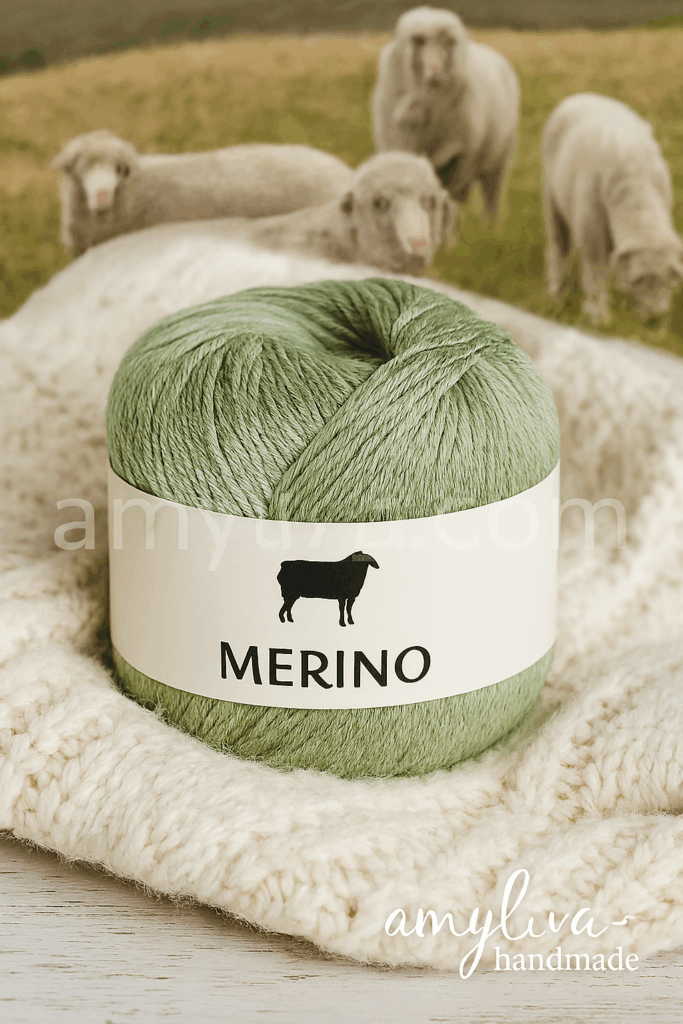
Project Type Recommended Yarn Emotional Tone
Summer garments Bamboo, Linen, Cotton Lightness, clarity
Baby toys & blankets Merino, Cotton Tenderness, safety
Wall hangings & decor Linen, Alpaca Grounding, depth
Colorful amigurumi Acrylic, Cotton Joy, playfulness
Winter accessories Merino, Alpaca Warmth, protection
Wedding or ritual gifts Silk, Alpaca Elegance, devotion
Practice or test pieces Acrylic, Polyester Exploration, resilience
💫 Closing Thoughts from AmyLiva Handmade
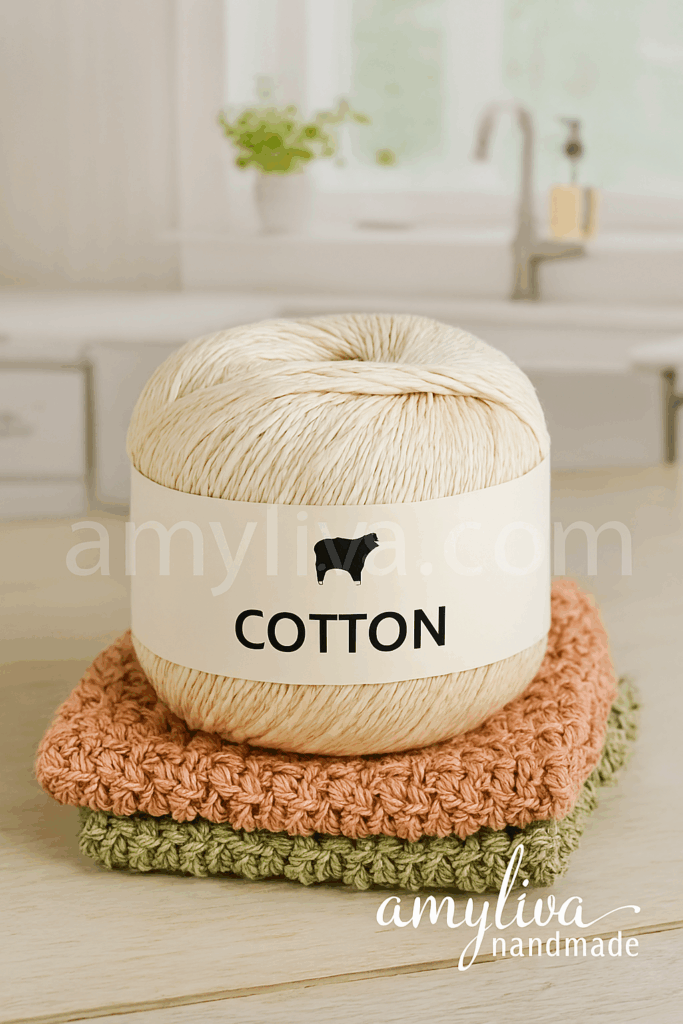
Yarn is the soul of handmade art. When chosen with intention, it transforms a simple project into a meaningful gift. Let your fiber choices reflect your values, your seasons, and your stories.
At AmyLiva Handmade, we believe that every stitch is a ritual, every silence a form of care. Whether you’re crafting for comfort, celebration, or quiet reflection—your yarn speaks before your pattern does.
Which yarn speaks to your soul today?
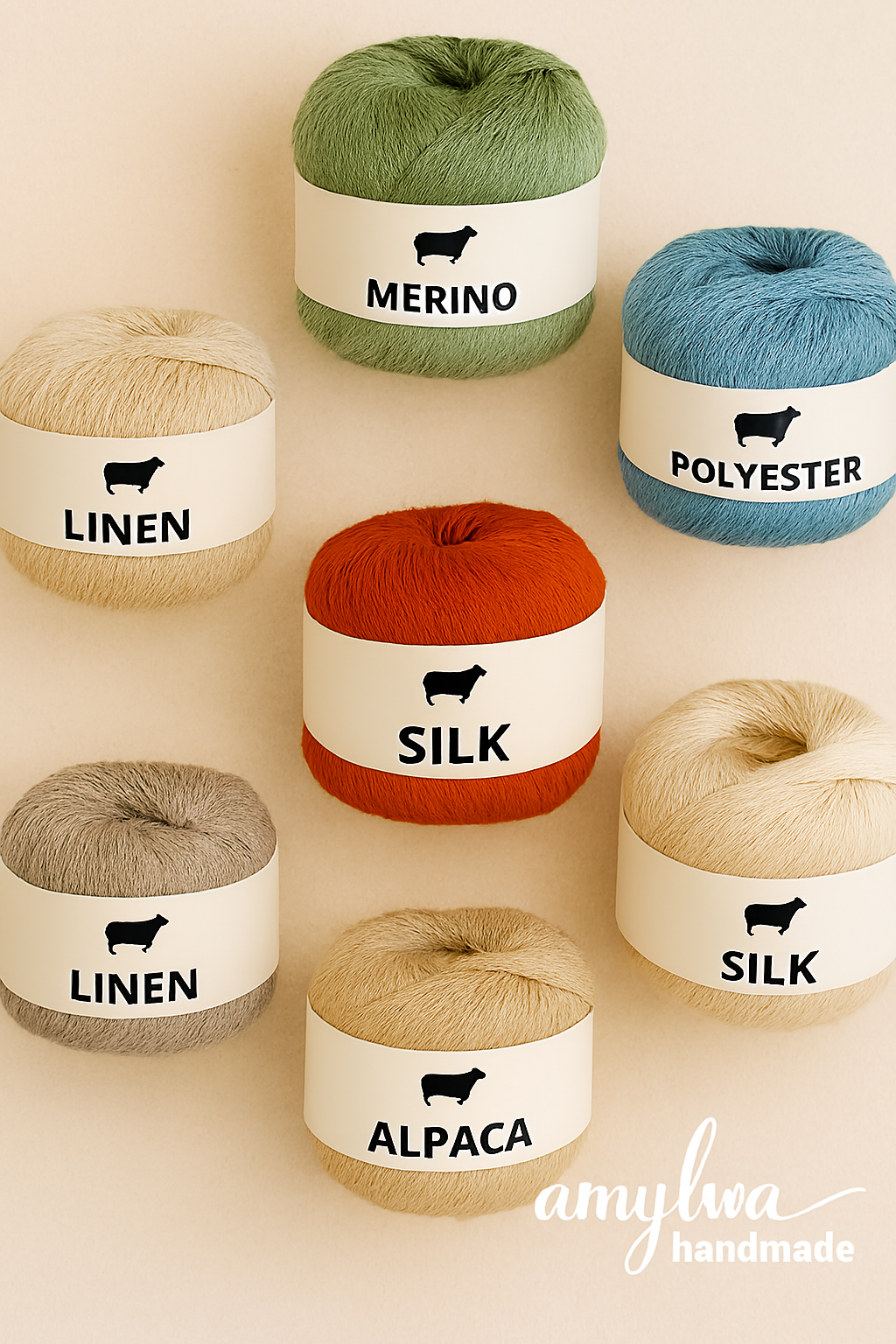
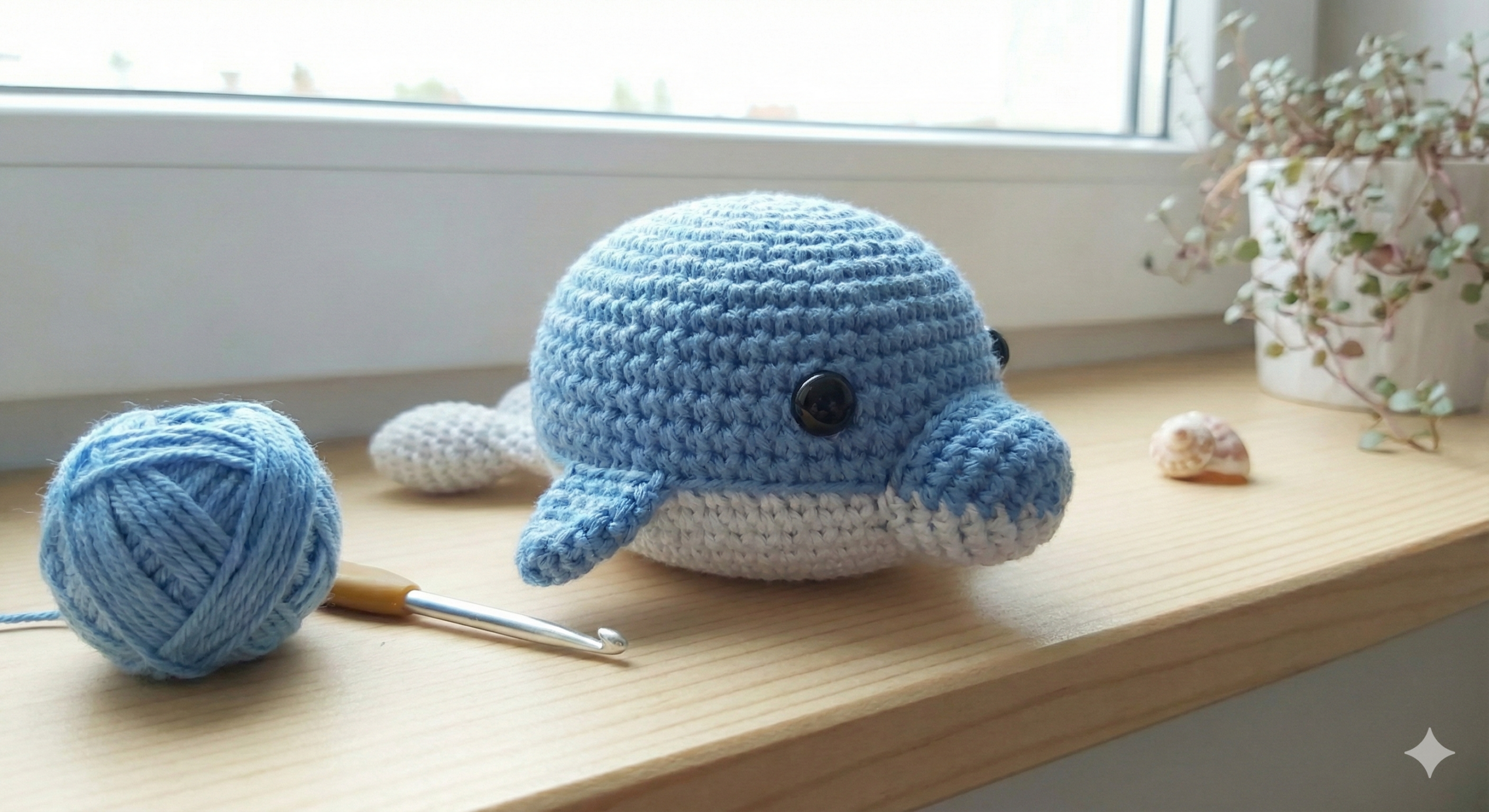
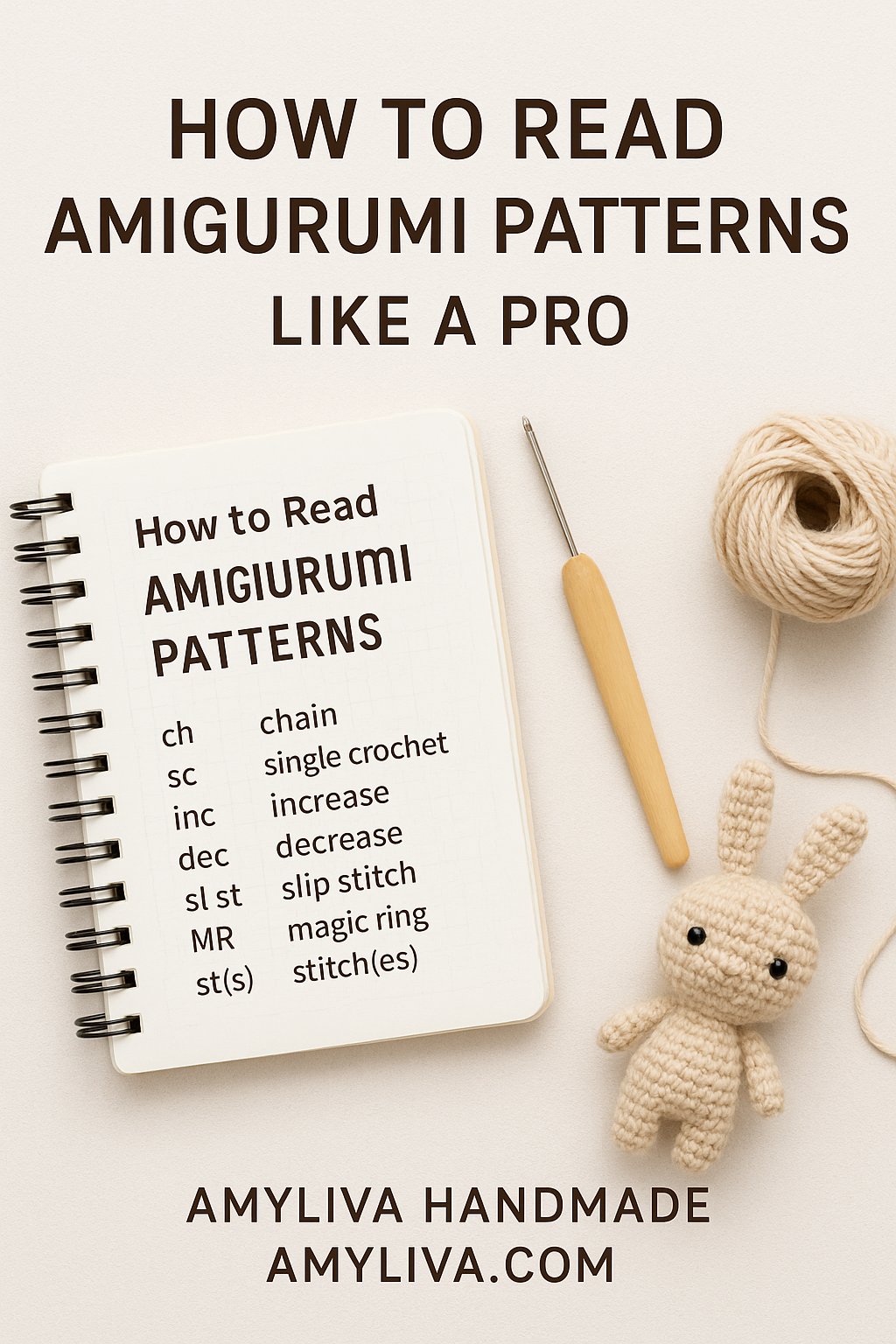
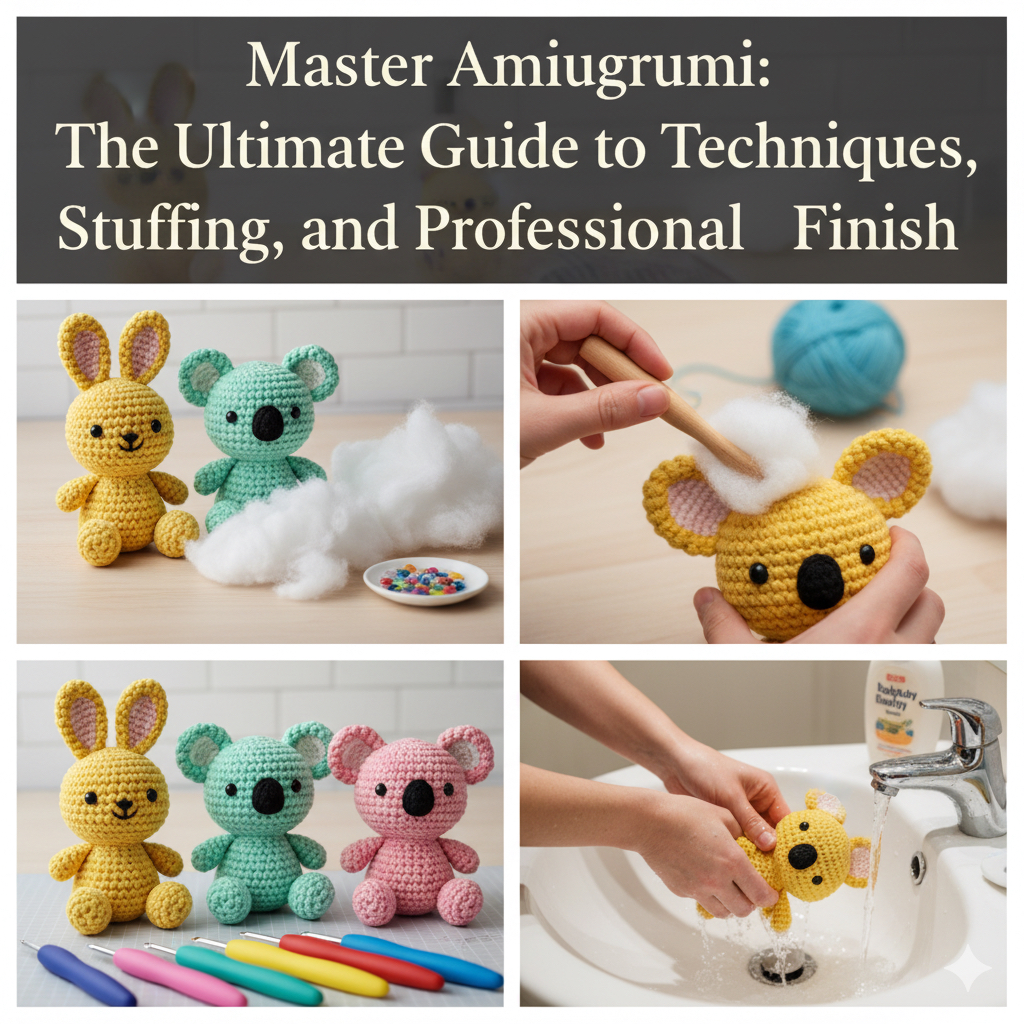
Yorum gönder